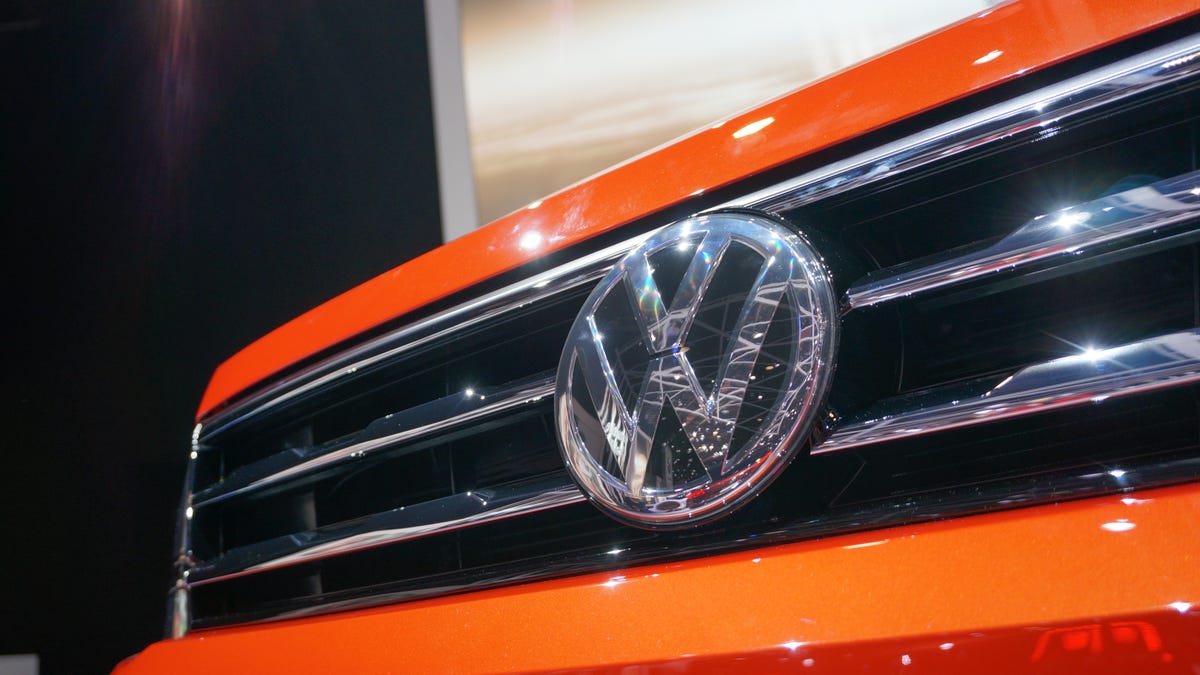Dieselgate be damned, Volkswagen earns global sales crown
It takes the honor away from Toyota, which held the top spot for four years in a row.

As if the whole world managed to forget about the shady environmental horrors of Dieselgate, Volkswagen is now the best-selling automaker in the world.
The margin of victory was slim. Volkswagen sold 10.3 million vehicles in 2016, covering cars, trucks and buses. That's a 3.8 percent gain over 2015. Toyota, VW's chief sales competitor, sold 10.2 million vehicles -- a gain of but 0.2 percent. A win is a win, but the margin is slim nevertheless.
Bloomberg attributes this shift to two key factors. No. 1 is the US market -- lagging demand for its best-selling Camry sure didn't help. No. 2 is China -- demand is growing, and Volkswagen is cashing in with its various brands. Other factors are at play, too, including rising popularity for VW's more upscale marques.
The margins of victory were slim, but as any Chicago Cubs fan will tell you, a W is a W.
But the victory is not a total one. Toyota still commands higher profits. In fact, Toyota's profit was more than double Volkswagen's between March and September 2016. Numbers for the last quarter still aren't out yet, but it's hard to envision that massive rift reversing in just one quarter.
Volkswagen's sales figures are especially impressive because of one word -- Dieselgate. The automaker admitted in 2015 to installing defeat devices on its diesel vehicles that would curtail emissions in lab-testing environments only. Once on the road, the vehicles polluted in excess of legal limits. Stop-sales ensued, as did a host of lawsuits around the world, and the whole hullabaloo will cost the automaker tens of billions of dollars. Yet, even after lying directly to the public, the company is still selling vehicles like they're going out of style.
Additionally, Volkswagen picked up the sales victory without a huge number of crossovers and SUVs, which is where market trends are headed. Buyers want as many crossovers as they can afford, and Toyota has met that demand with utes in a variety of sizes. Volkswagen's crossover offerings are growing, but not at Toyota's current pace.
It will be interesting to see where this battle goes in the next five or six years. Volkswagen has a stronger approach to electric vehicles, having already debuted a dedicated electric platform and promising to bring dozens of EVs to market through 2020. Toyota, on the other hand, remains firmly in the hybrid camp, releasing more capable and efficient vehicles while dipping its toes in electricity by way of hydrogen fuel-cell vehicles.

